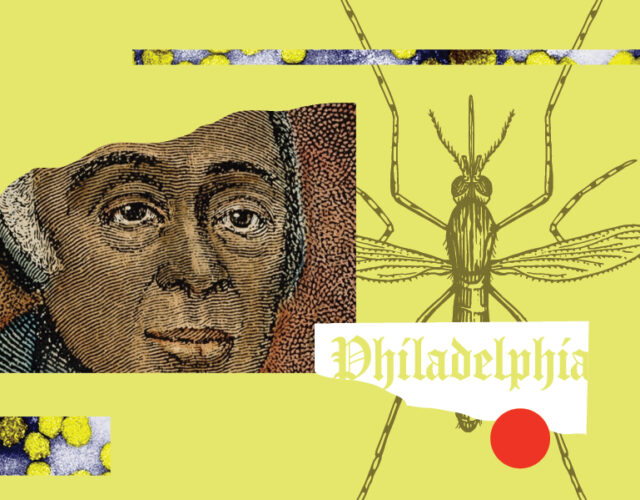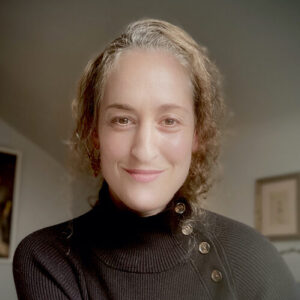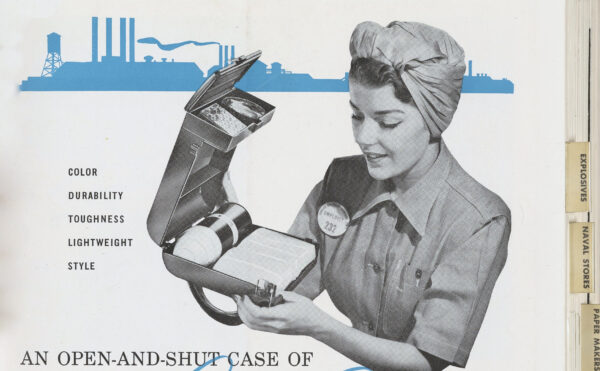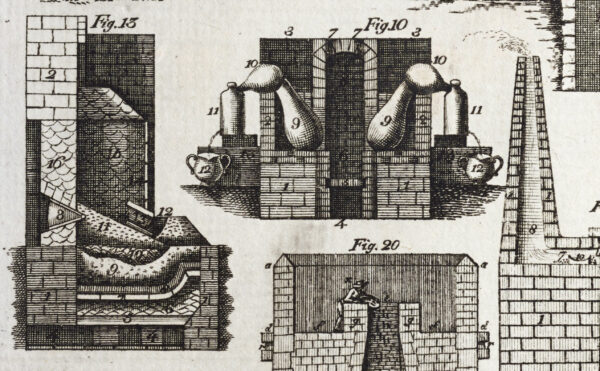How Science Invented the Myth of Race: Calamity in Philadelphia

The Science History Institute has teamed up with online learning platform Roundtable to offer you compelling courses from the history of science.
What is the truth behind the concept of race, an invention so pervasive many consider it fact?
Join the team behind the Science History Institute’s critically acclaimed Distillations podcast in separating fact from myth regarding what anthropological research can and cannot tell us about a culture. Your hosts will lead Institute scientists and scholars on an examination of the roots of racism in American science and medicine.
The course is FREE, but registration is required.
Course Overview
Race is a tool of division as old as civilization itself, yet our understanding of race has changed enormously over time, with old preconceptions crumbling in the face of new research and a continued confrontation of the biases inherent in science at every level.
In this comprehensive five-session course, our experts will tackle the critical issue of prejudices in the sciences, highlighting instances in which racist science has damaged communities and fueled harmful misconceptions of race that haunt us to this day. The course will feature the research of scholars and scientists who are committed to understanding the mechanisms of power and the scourge of inequity in the science and medical communities. We will also celebrate the contributions of those attempting to answer the critical question: How can a more accurate understanding of race lead us to a safer, healthier, and more inclusive world for everyone?
Session 2: Calamity in Philadelphia
Tuesday, March 26, 2024
Drawing from new scholarship and primary sources, we will cover the story of the 1793 yellow fever epidemic that nearly destroyed Philadelphia, from the perspective of the free Black community tasked with saving it.
Upcoming Sessions
Session 3: Return, Rebury, Repatriate
Tuesday, April 23, 2024
The process of uncovering the oldest and largest African cemetery in the country with the care and scientific integrity it deserved was not an easy task. In this session, learn about the ethical treatment of human remains and how this practice, when done correctly, is imperative to our understanding of the past. We will also discuss the long-debunked theory of phrenology, which exhumation was imperative in dispelling, and the effects of this pseudoscience on our conception of race today.
Session 4: Bad Blood, Bad Science
Tuesday, May 14, 2024
From the infamous Public Health Service Syphilis Study at Tuskegee to a race-specific drug to treat high blood pressure, learn how faulty beliefs about race biology have influenced and continue to influence American medicine.
Session 5: Race Correction
Tuesday, June 18, 2024
Learn about the historical and medical phenomenon known as race correction—calculations that take race into account through medical algorithms and instruments—and get to know the stories of the medical students and doctors who have advocated for a change to this outdated practice.
Previous Session
Session 1: Origin Stories
Tuesday, February 27, 2024
In the first session, trace the origins of race science to the Enlightenment in Europe and track its development alongside the invention of modern Western science. Explore how the concept of race was tied to the politics of the age—including imperialism and later slavery—and dive into how the Bible and Christianity were used to prop the system up.
About the Experts

Alexis Pedrick
As director of digital engagement at the Science History Institute, Alexis Pedrick oversees our award-winning Distillations digital content platform, which includes building out a strategic vision for our magazine, podcasts, and social media storytelling. She is also cohost of the Distillations podcast and is well-known for her lively history talks and tours in Philadelphia. You can also see her telling more history stories on episodes of Mysteries of the Abandoned.

Mariel Carr
Mariel Carr is the manager of video and podcast production at the Science History Institute. She produces the Distillations podcast and videos. She has a master’s degree in journalism from the University of California, Berkeley, Graduate School of Journalism, where she studied documentary film, and a bachelor’s degree in religion and Latin American studies from Vassar College. Mariel has previously worked as a video and radio producer at KALW radio in San Francisco and PBS’s Frontline and as a teaching artist at the Philadelphia Museum of Art.

Rigoberto Hernandez
Rigoberto Hernandez is a video and podcast producer at the Science History Institute, mainly focused on production of the Distillations podcast. He has more than a decade of experience as a reporter. He holds a journalism degree from the University of California, Berkeley, Graduate School of Journalism. He has previously worked for National Public Radio, The Oregonian, and the Orange County Register.
Innate: How Science Invented the Myth of Race
This programming is part of Innate, a magazine and podcast project that explores the historical roots and persistent legacies of racism in American science and medicine. Published through Distillations, the Science History Institute’s highly acclaimed digital content platform, the project examines the scientific origins of support for racist theories, practices, and policies.
About Roundtable
Roundtable by the 92nd Street Y, New York, is an online learning platform featuring live courses and Q&A sessions with some of the greatest minds of our time: world-renowned historians and scholars, Pulitzer Prize-winning writers, political pundits, and acclaimed food and wine experts, among others. All courses include interactive opportunities with instructors.
More events
Stories of Science: Last Bite of School Lunch
Join us in our museum EVERY SATURDAY for a family-friendly program that highlights strange and surprising stories from the history of science!
Alternative Power: Moving Beyond Wind and Solar with Geothermal Energy
Experts discuss the latest advances in geothermal energy, sharing details of its implementation on the Swarthmore College campus.
Othmer Library Tour
Curious about the other half of the Science History Institute? Step into the Othmer Library of Chemical History!



